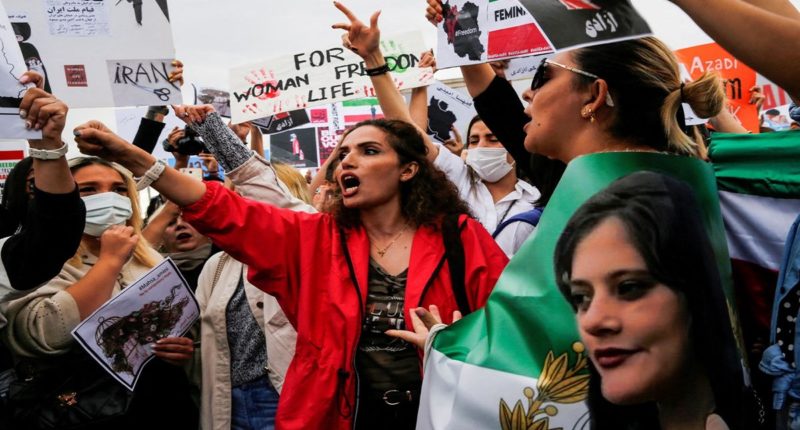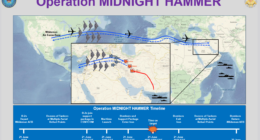Iran’s revolutionary court executed Mohsen Shekar, finding him guilty of anti-government unrest. The court, in his sentence, said he was guilty of “enmity against God”.
Mohsen Shekar’s hearing was about his involvement in the event of Tehran’s Sattar Khan Street blocking for anti-government agendas. He was also charged with attacking a member of the Basij Resistance Force.
Basij Resistance Force is a battalion deployed to release public distress and dissolve protests. In the event of distress, Shekar also intentionally drew a machete and attacked the person on duty, the court accused.
On the first of November, after the hearing of the case in the court, the court found him guilty of attacking a soldier intentionally and creating havoc in society. Shekar appealed against his verdict, but the supreme court stayed the decision in the hearing on 20th November.
The court of Iran has sentenced 10 more people to a death sentence. The court held them as convicts of “corruption on Earth” or “enmity against God”. According to Amnesty International, executions are a tool to suppress the protest rising in Iran. The government also seeks to create fear in individuals and destroy the protests.
Human rights activists said the Shekar case was just a show trial and his sentence was not according to the process. Some reports also suggest that the revolutionary court is working under the direct control of secret intelligence. The recent unfair trials and multiple sentences are a tool to dissolve the Anti-government unrest.
The protest started after the death of a 22-year-old woman, Mahsa Amini. The police arrested her for wearing her hijab and hand gloves improperly. Her mysterious death in custody began the revolt that spread to 160 cities in all 31 countries.
The Islamic government hasn’t faced resistance this big since the 1979 revolution. The police have detained 18,240 individuals, and there are reports of 475 protesters’ death, according to local news agencies. The news also reports the death of 61 security personnel in the incidents.
Credits: BBC









